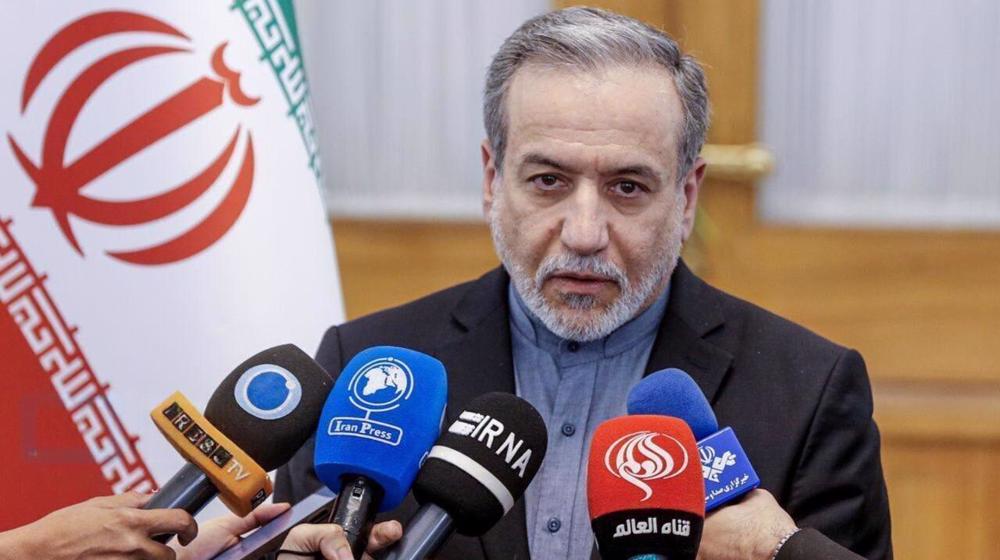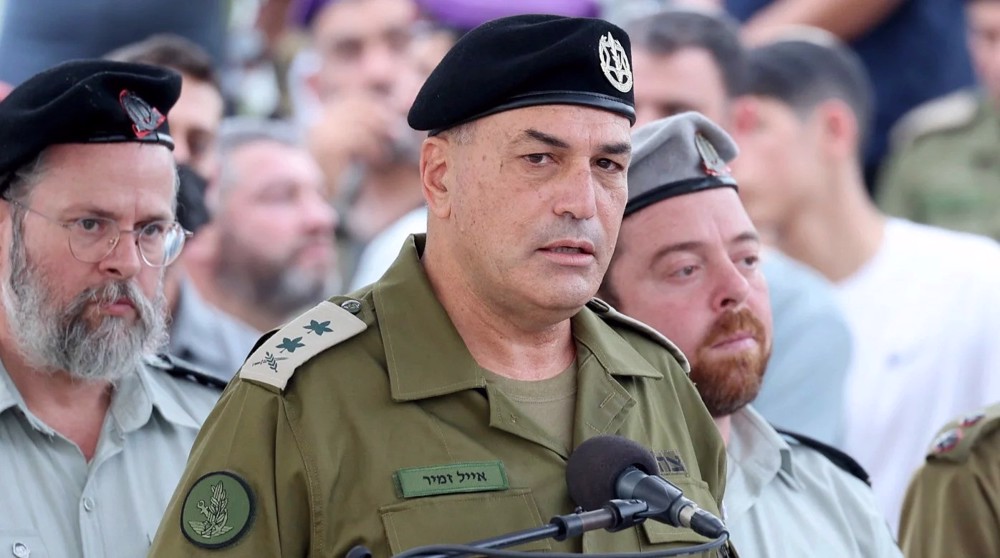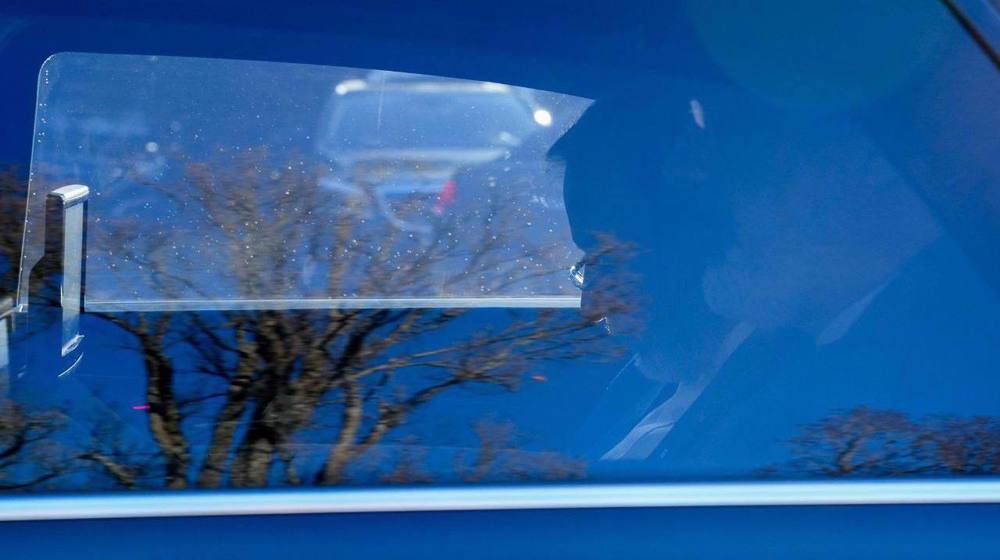Oman says tries to ease Iran-US tensions, warns against war
Oman has warned that any war in the Middle East could be harmful to the entire world, saying it is making efforts to reduce spiraling tensions between Iran and the Unites States.
"We and other parties seek to calm tensions between Washington and Tehran," Omani State Minister for Foreign Affairs Yusuf bin Alawi bin Abdullah said in a statement on Friday.
"A war could harm the whole world, and both the American and Iranian sides are 'aware of the dangers.'"
Located just across the Strait of Hormuz from the Iranian territory at the entrance to the Persian Gulf, Oman has maintained friendly ties with Iran through successive crises in the region.
The cordial Tehran-Muscat relations have at times allowed the small but strategic sultanate to play an important mediating role, including with the United States.
Oman played a positive role in the preliminary nuclear negotiations between Iran and the P5+1 group of countries and hosted several rounds of the talks that ultimately led to a landmark 2015 deal between Iran and major world powers, including the US.
The United States remarkably stoked tensions with Iran in May 2018 when US President Donald Trump pulled his country out of the nuclear accord, officially known as the Joint Comprehensive Plan of Action (JCPOA), and re-imposed harsh sanctions against the Islamic Republic in defiance of global criticisms.
The tensions saw a sharp rise on the first anniversary of Washington’s exit from the deal as the US moved to ratchet up the pressure on Iran by tightening its oil sanctions and building up its military presence in the region.
Washington has since further increased the pressure on Iran, sending military reinforcements, including the USS Abraham Lincoln aircraft carrier strike group, a squadron of B-52 bombers, and a battery of patriot missiles, to the Middle East.
In an exclusive interview with the CNN broadcast on Tuesday, Iranian Foreign Minister Mohammad Javad Zarif warned that the United States is “playing a very, very dangerous game” by beefing up its military presence in the region.
“Having all these military assets in a small waterway is in and of itself prone to accident, particularly when you have people who are interested in accidents. So extreme prudence is required and the United States is playing a very, very dangerous game,” the Iranian foreign minister said.
On Thursday, the Pentagon confirmed it is considering sending additional US troops to the Middle East as a way to "bolster protection for American forces there."
"What we're looking at is: Are there things that we can do to enhance force protection in the Middle East?" acting US Defense Secretary Patrick Shanahan said while speaking to reporters outside the Pentagon. "It may involve sending additional troops."
However, American officials have on many occasions gone back on their markedly belligerent rhetoric by either asserting they are not seeking war with the Islamic Republic or alleging that the “Iranian threat” has been put on hold.
But the US movements have raised concerns, even among its allies, that the brinksmanship with Tehran could lead to a dangerous miscalculation.
Iraqi Prime Minister Adel Abdul Mahdi said on Tuesday his country is set to send delegations to the US and Iran to help “halt tension” between the two sides amid growing concerns over a military conflict.
“Iraq has high-level contacts (with both parties), and its vision is very close to that of the European Union, which seeks to settle the crisis in the region,” Abdul Mahdi said at a weekly press briefing in the capital Baghdad.
Read more:
- Iran to defeat US, Israel, regional reactionaries: President Rouhani
- Zarif to Trump: Never threaten an Iranian, try respect
- Like Iraq War time, US administration is lying, American senator suggests
- US pursues Iranophobia to milk Arab regional states: Iran cmdr.
- Iran in full control of Persian Gulf: IRGC deputy commander
FM Araqchi: Third round of Iran-US talks 'one of the best to date'
Israeli army chief privately warns of cost of new war with Iran: Report
IRGC official: US buildup, psychological tactics aim to 'swallow Iran again'
Iran’s three-man team captures triple gold at UWW ranking series in Tirana
Iranian academic sentenced to 4 years in prison in France for supporting Palestine
VIDEO | Press TV's news headlines
Russia: West seeks to repeat past ‘plunder’ of Iran’s oil
Herzog visits Ethiopia to expand Israeli footprint in Africa














 This makes it easy to access the Press TV website
This makes it easy to access the Press TV website